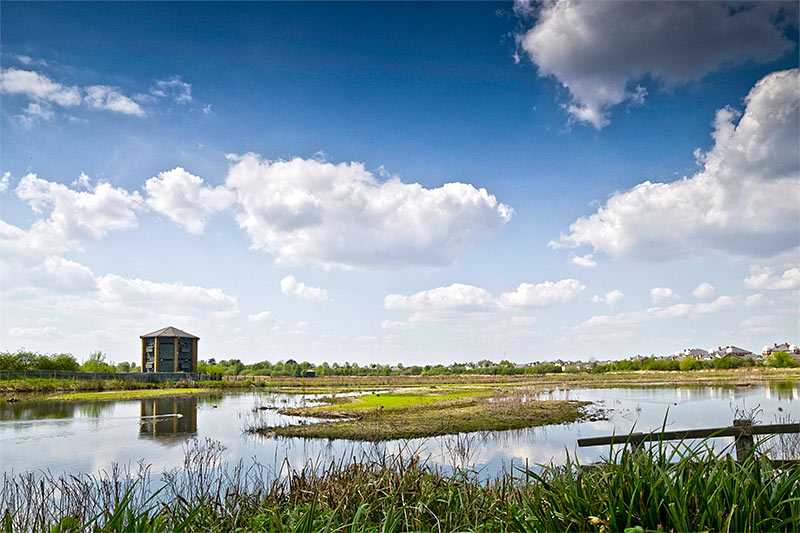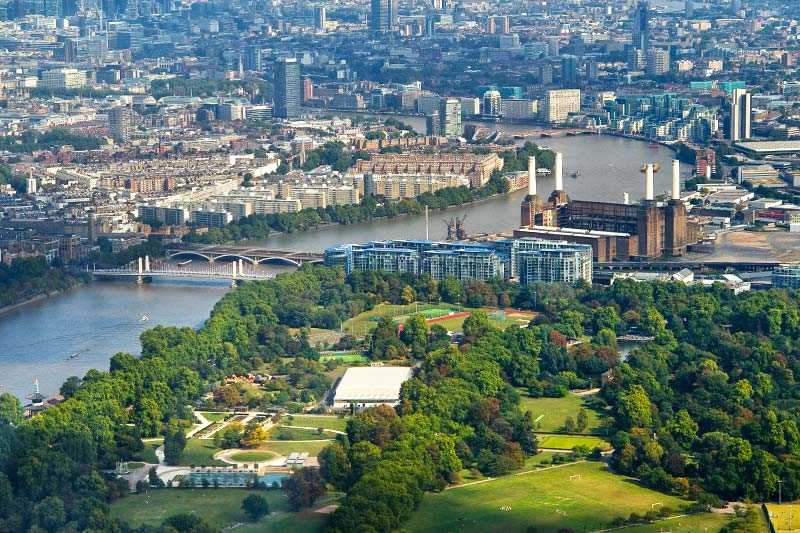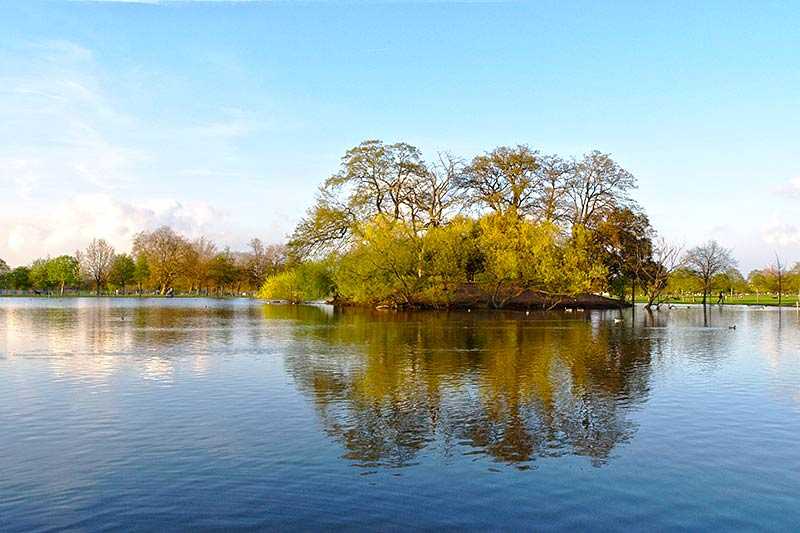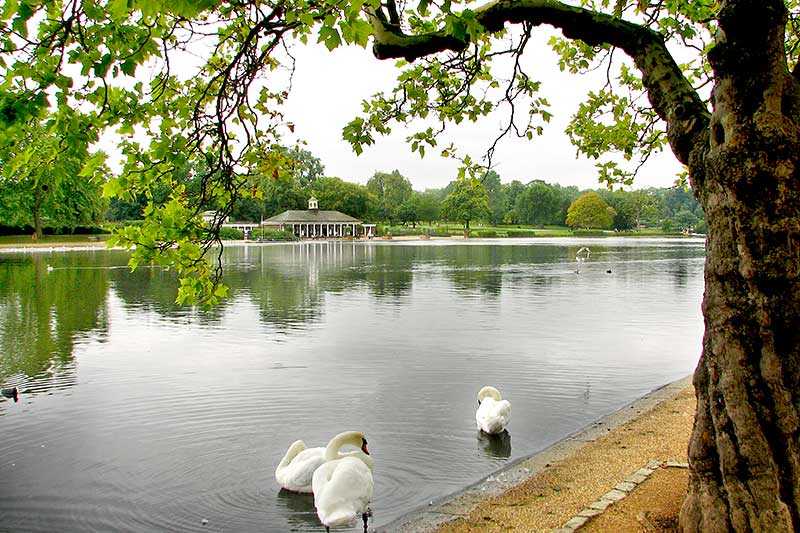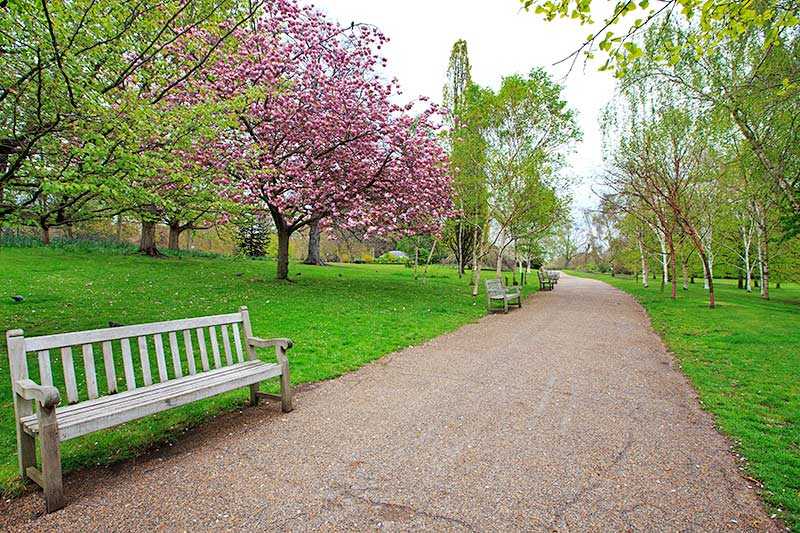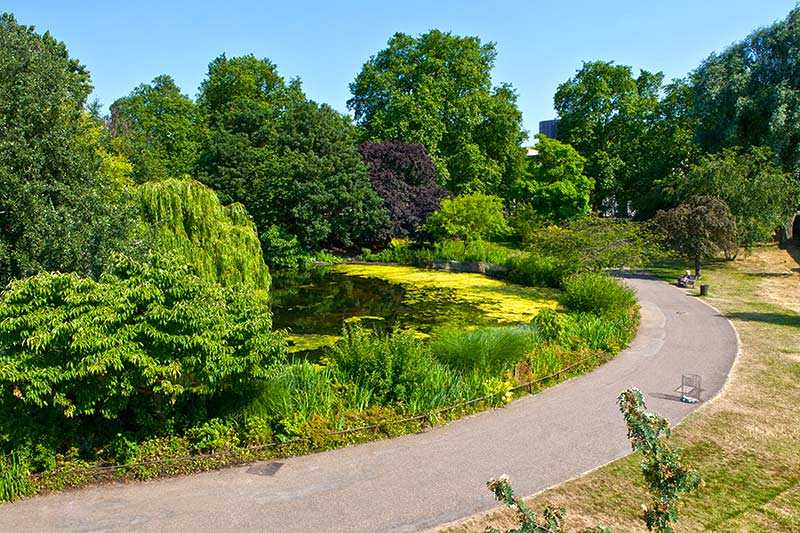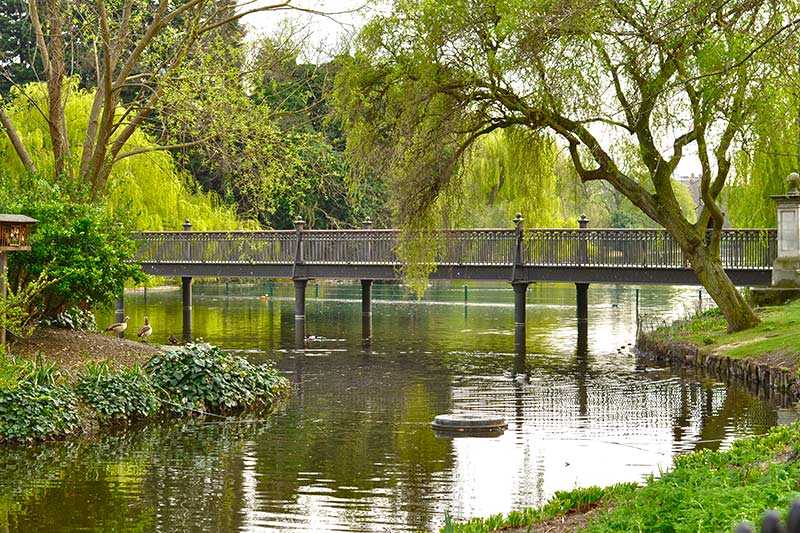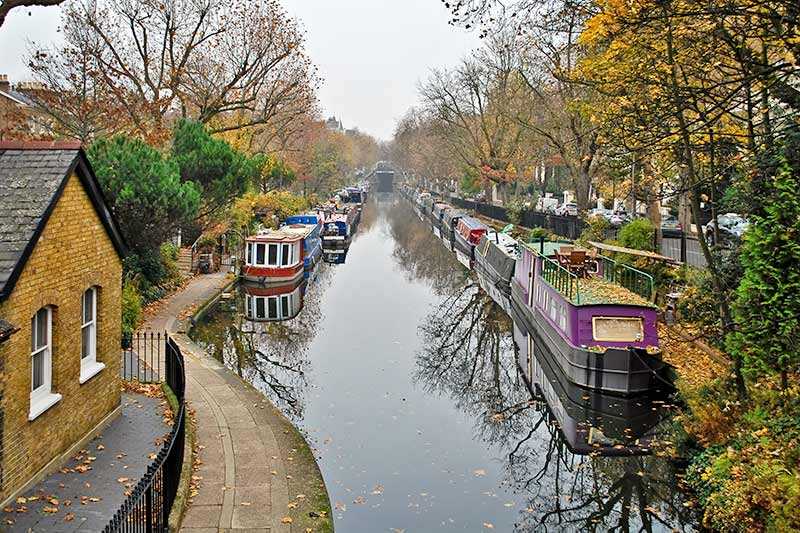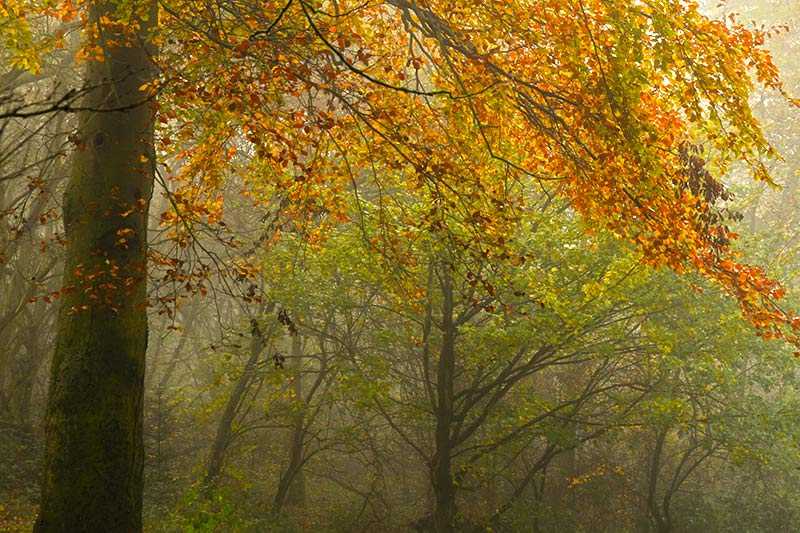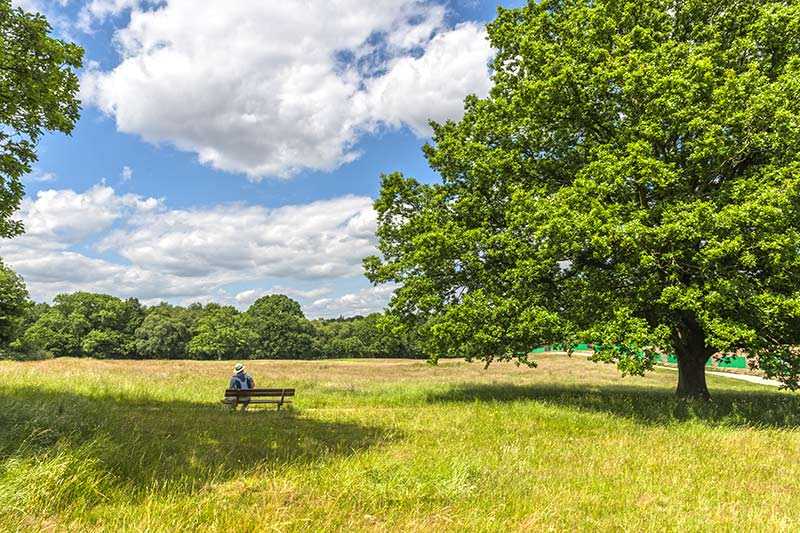Richmond Park
About Richmond Park
Richmond Park in south west London covers 955 hectares (9.55km2) of land, making it the largest of London’s Royal Parks. Created by Charles I in 1634, it is now als...
About Richmond Park
Richmond Park in south west London covers 955 hectares (9.55km2) of land, making it the largest of London’s Royal Parks. Created by Charles I in 1634, it is now also a National Nature Reserve; a Site of Special Scientific Interest and a Special Areas of Conservation.
Fauna and Flora
Originally created as a deer park in the 17th century, Richm...
Things to do near Richmond Park
Attractions near Richmond Park
Activities
About Richmond Park
About Richmond Park
Richmond Park in south west London covers 955 hectares (9.55km2) of land, making it the largest of London’s Royal Parks. Created by Charles I in 1634, it is now also a National Nature Reserve; a Site of Special Scientific Interest and a Special Areas of Conservation.
Fauna and Flora
Originally created as a deer park in the 17th century, Richmond Park still has a population of around 650 wild red and fallow deer. It is also noted for its wide range of endangered fungi, rare beetles and other invertebrates, which thrive in this area on the ancient trees and decaying wood.
The Isabella Plantation is an ornamental woodland garden, part of Richmond Park’s SSSI, features trees, exotic plants and shrubs with something of interest to see all year round.
Tourism
The park is open from 7am in summer (7:30am in winter) until dusk all year round.
Activities
There is a network of roads and designated tracks for cycling and the varied terrain in the park, from wooded areas to hills, make it great for all types of running. Horse riding is available, as is fishing by permit only.
There are two golf courses and plenty of space for impromptu games and sports, as well as rugby pitches if you have a full team! Power kiting is also available.
There are two playgrounds which, between them, are suitable for children of all ages. There are also facilities for picnicking.
How to get there
Richmond Park is accessible by public transport and has good car parking facilities.
